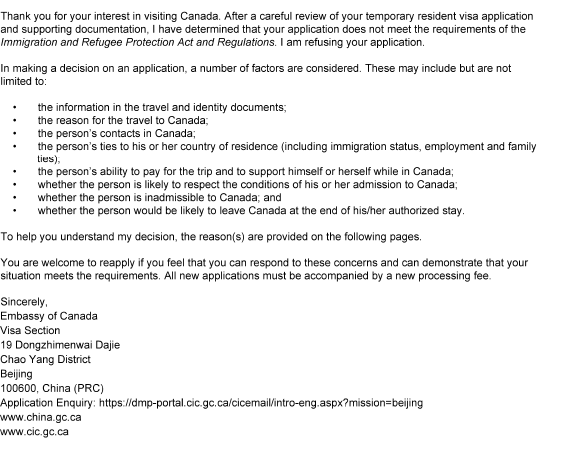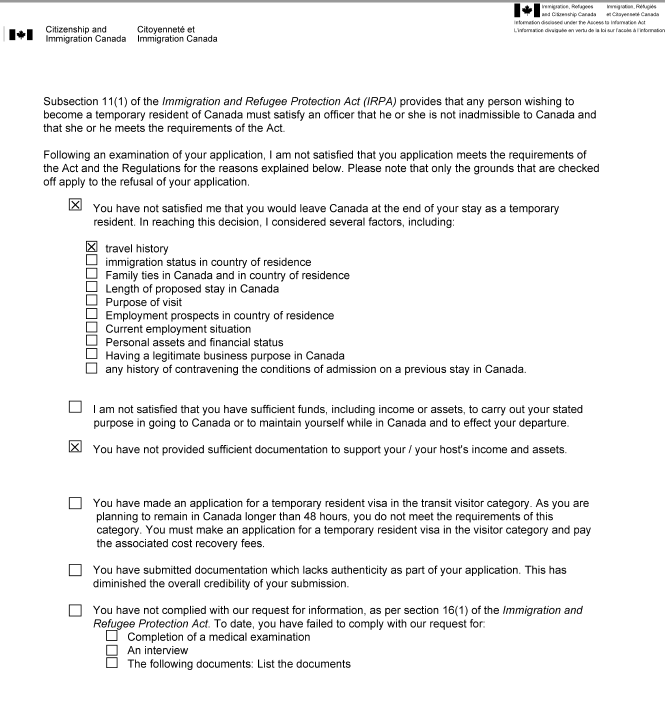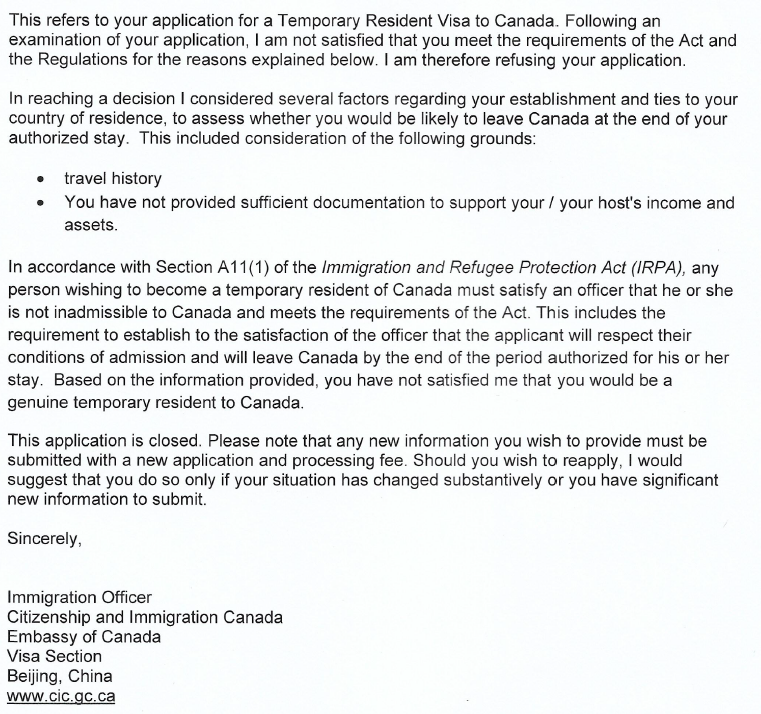Recently, I was on Global News, talking about international student fraud (often times originating from overseas) where students get lured into Canada on a study permit and end up as precarious, exploited workers. You can find that piece here: https://globalnews.ca/news/4409552/aldergrove-subway-allegations/
In today’s piece I want to tackle a related issue that I have first hand knowledge of is affecting individuals across the spectrum – from individual seeking TRVs to study permits and work permits, and even to applications for permanent residence/permanent resident cards. This fraud takes place both inside Canada and outside Canada, although predominantly with unlicensed agents abroad or those agents who claim to work with “Canadian registered consultant partners.”
This type of fraud has affected a recent client of mine. I’m sharing his story (with permission). I’m modifying the facts so this will have no impact on his future immigration yet it can still serve as a warning to those who get caught up in these type of situations.
Scenario
You are a citizen of China seeking to visit Canada where you have a sibling who is currently on a post-graduate work permit. You engage in the services of a local agent in the service of your small town on the outskirts of Qingdao. He says he is an immigration service. They have a 95% success rate and they can help you with the process. They say they will go to the Visa Application Centre (“VAC”) VAC on your behalf. It is easier that way and you will not need to do anything other than to give them documents.
You provide them the documents. They tell you that they believe you will be granted a visa and to wait approximately three to four weeks for notification. They do not provide you any receipt or file number other than a brief voice message indicating it has been sent. You have not seen the final package.
They notify you on 29 April 2016 that your application was unfortunately refused but that the refusal was out of their control. They say that refusal decision appears to put the onus entirely on you for not providing enough financial documentation.
You see the letter. The heading says:
The letter is addressed to you, it has the file number.
The content of the letter says:
You accept the refusal as par the course. You don’t blame the agent. Your family accepts it (they got their visas after all) and you let the matter go.
Several years later you find a licensed Canadian representative. You now wish to visit Canada again to celebrate your brother’s wedding. Your brother hired a representative in Canada who assisted him on his PR paperwork (economic immigration) which went smoothly.
As part of the process, your new representative recommends that you do an access to information request to get a copy of the Officer’s Electronics notes and the refusal letter. You ask for a copy of the physical file as well. you pay $5 dollars for this request.
A month later, IRCC responds stating that they have unfortunately disposed of your information in correspondence to their data retention policy.
Two years have passed since the last administrative action. However, they do send you a copy of the refusal letter as per below:
This date is 6 days before the date of the refusal letter you received from your consultant.
There is also a different address located on the top of the letter – not just your name listed.
You also note the number of pages in the refusal is very different
 There is another page that you are surprised to see – that the refusal is not just one page long:
There is another page that you are surprised to see – that the refusal is not just one page long:
 In the electronic notes, you learn from the notes that a large portion of the refusal was actually due to the submission of unclear photocopies.
In the electronic notes, you learn from the notes that a large portion of the refusal was actually due to the submission of unclear photocopies.
The reasons for refusal were entirely the same as the one included in your letter for the consultant. Why was the refusal letter transferred to a new form?
Breaking Down the Fraud
There are two major elements to this particular fraud case. These likely are the reason why said fraud agent
1) The Date of Refusal – this allows these fake agents/consultants to sit on refusals. They can pass the decisions within their networks and decide how to scrub them before sending it to you. While in this case they did not adjust the reasons for refusal, it would be very foreseeable that they would scrub it for wrongdoing (misrepresentation, poorly submitted documents, etc.);
(2) The address of the agent involved. You did not ask a Beijing firm for support. Why is there a Beijing address? By scrubbing the refusal letter and writing their own fake one, they were able to preserve their network of addresses. This would stop a line of investigation from IRCC. This would insulate the fact that the individual in Qingdao was not doing the work potentially and may have been a sub-agent for someone in Beijing.
Best Practices
As a client, you should always review everything that goes out, demand a copy of everything that is sent on your behalf, and require a file number as soon as possible. If you are passive and don’t take these steps, these are the types of frauds that will be perpetrated on your behalf.
While in this case, the only misrepresentation was a passed on refusal letter (not anything directly submitted to IRCC), it would not be out of ordinary for a fraudulent document to have been submitted on your behalf. With two years having passed, you will have no way of ever knowing.
I encourage all applicants to act prudently. Immigration works very differently than likely in your own countries where the process may be done in person, or through a process where you know exactly what is being passed on and when. With the move to electronic communication, and the lack of regulation of overseas agents, expect to see much more of this moving forward until preventative steps (such as sending a copy of the entire file to the client as well as the agent) are implemented. by IRCC.




